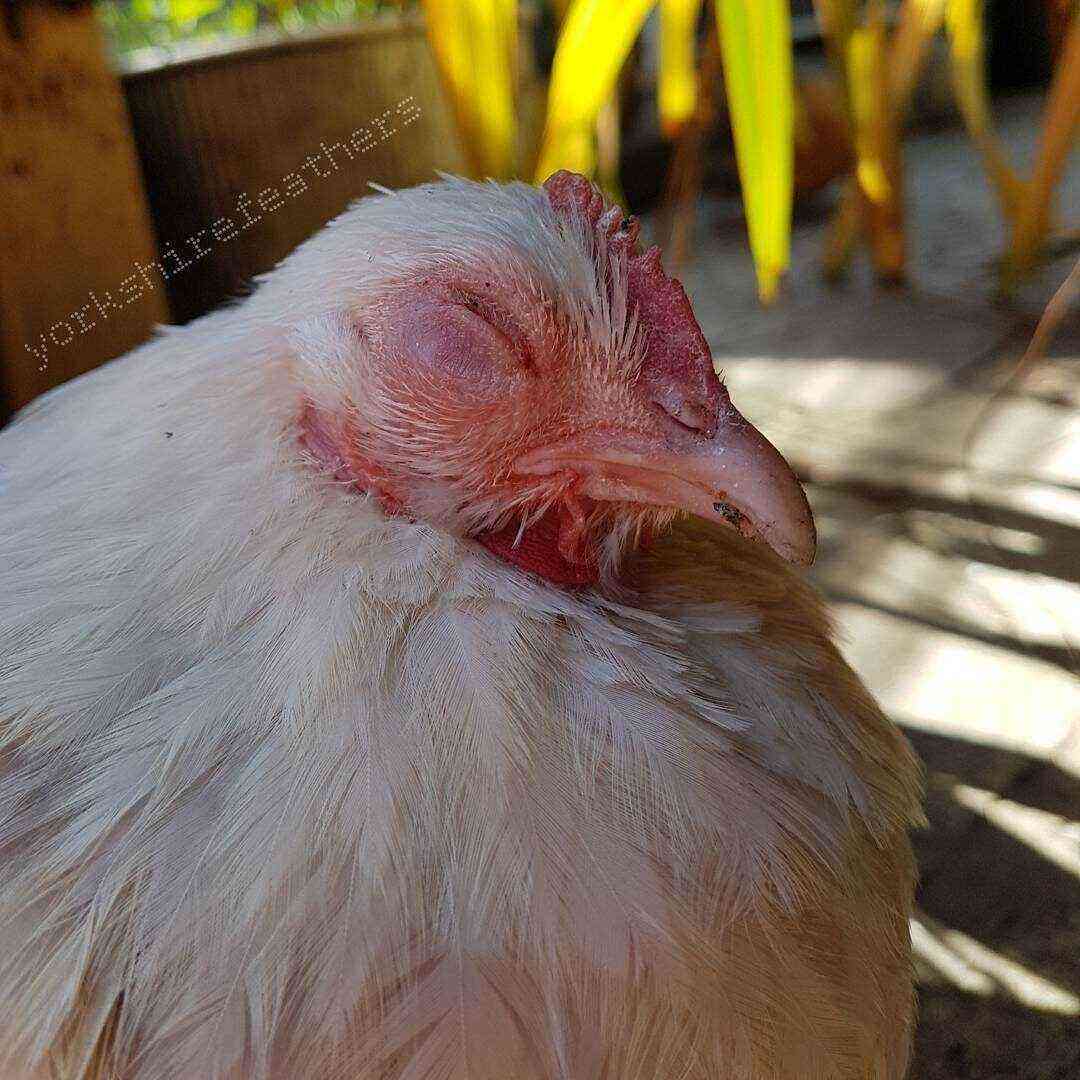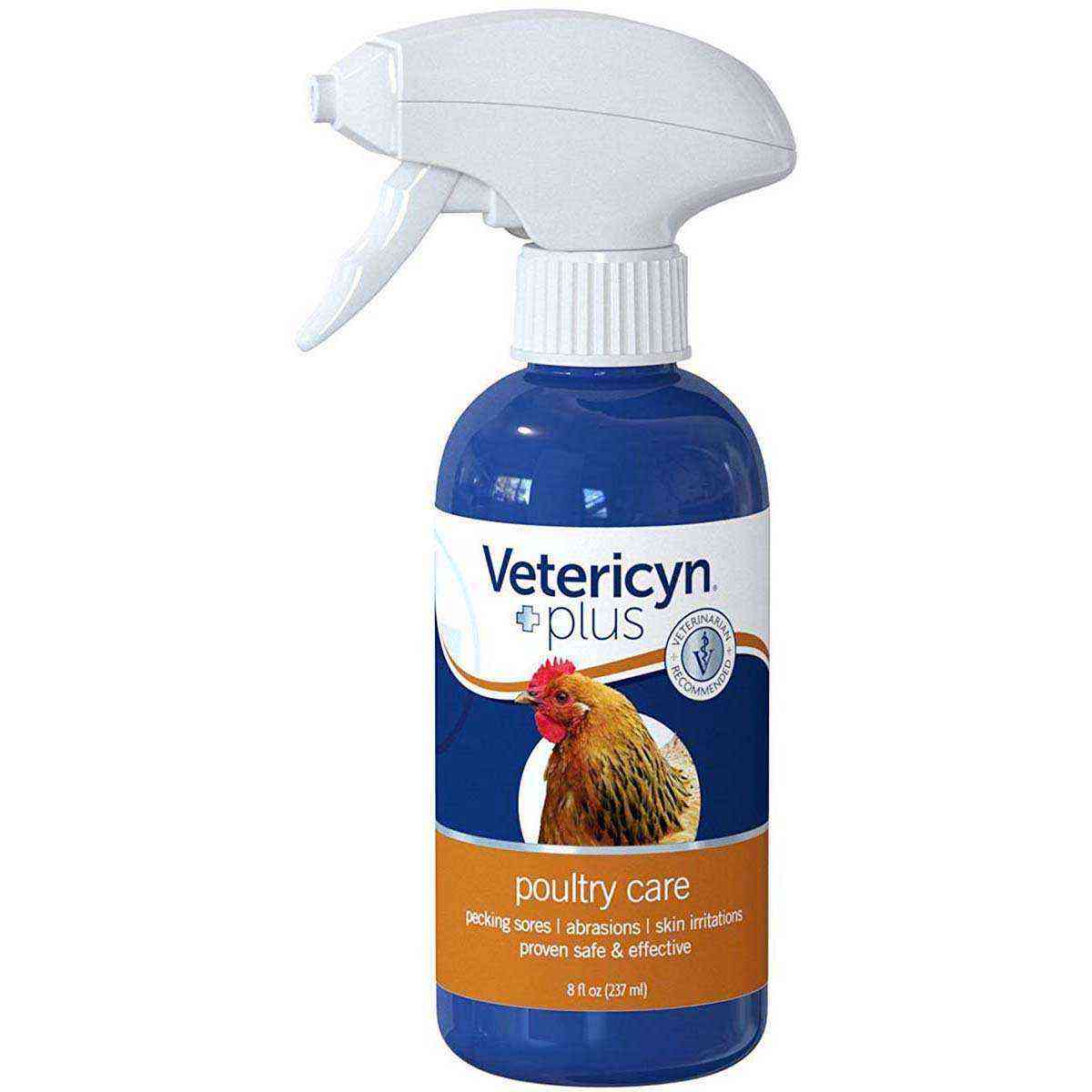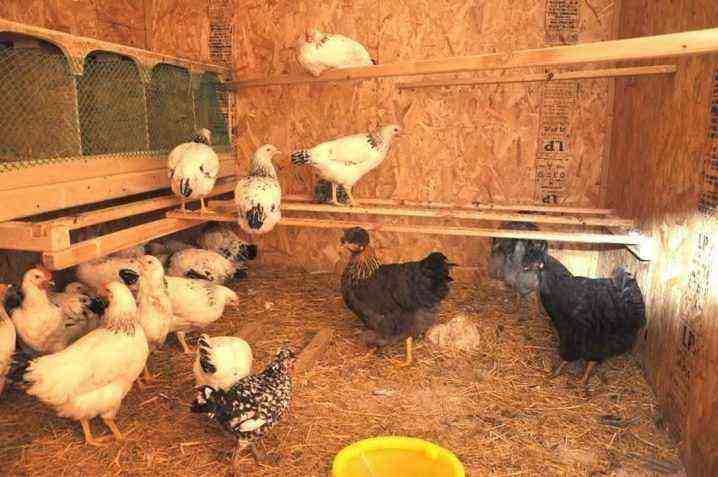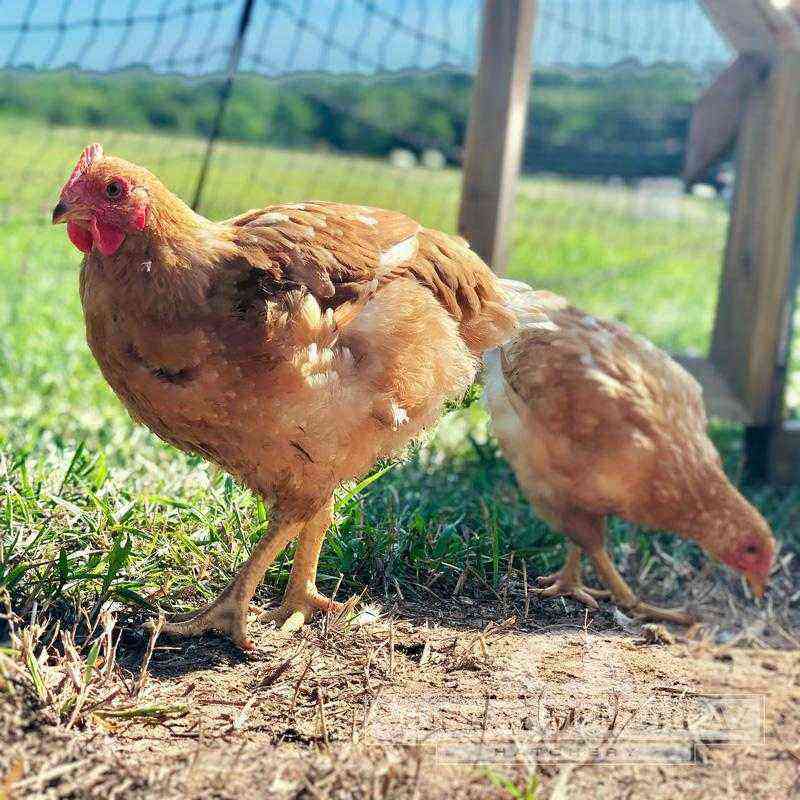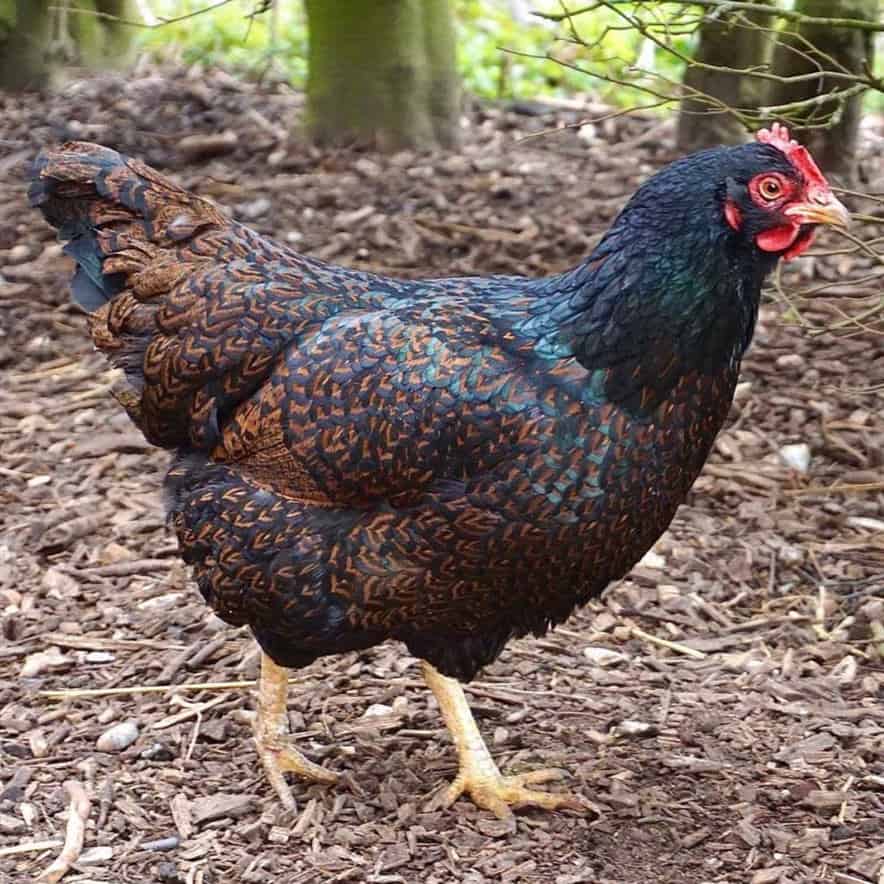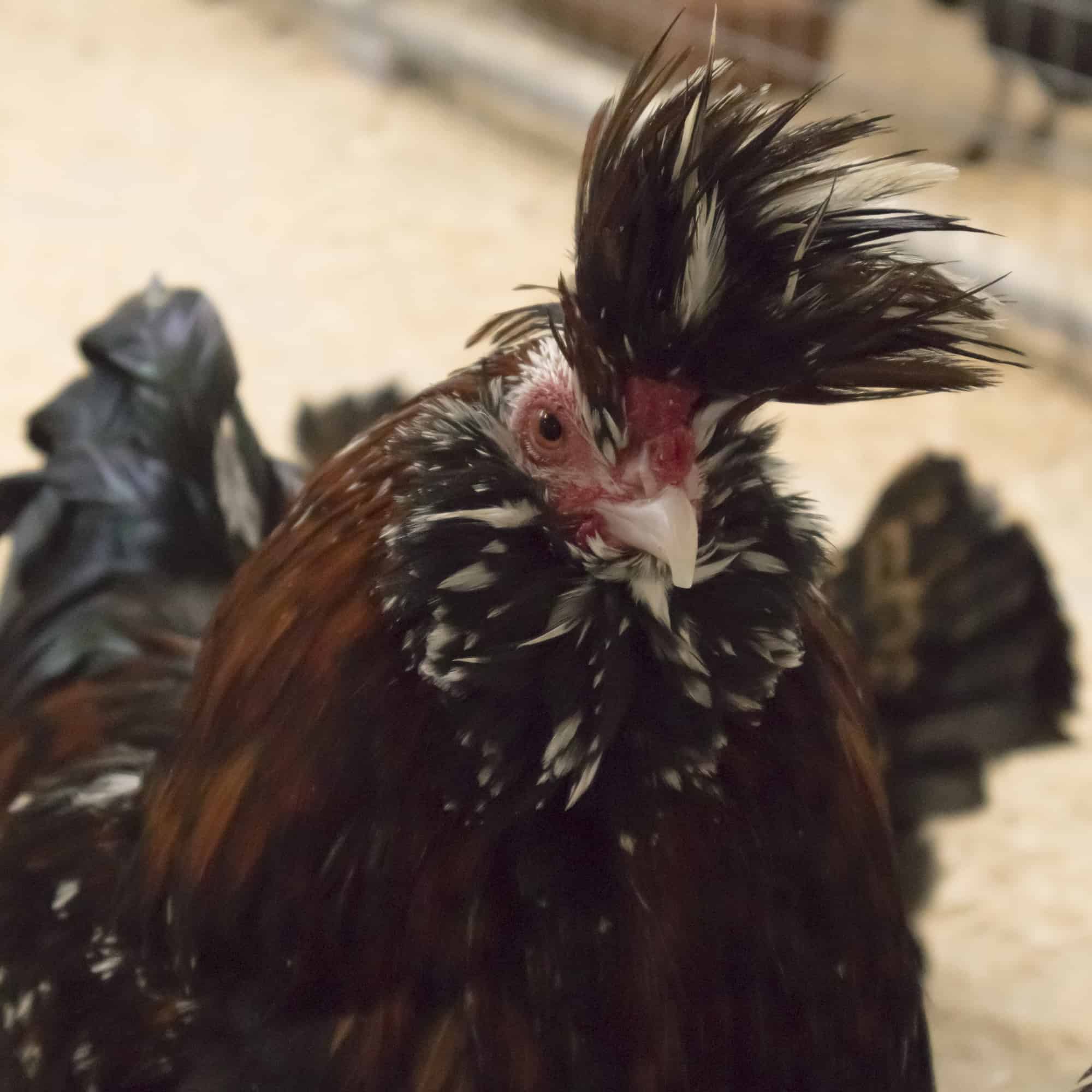Among the various infectious diseases that chickens are susceptible to, sinusitis stands out, which is difficult to tolerate by feathered pets. It can easily be confused with other diseases, such as laryngotracheitis, chlamydia, and others. Sinusitis is accompanied by pain in the throat, and after a while, a runny nose, or rather a discharge from the nostrils, hoarseness and swelling of the sinuses. Such symptoms appear not only in this, but also in many other diseases, which complicates the recognition of the disease and slows down treatment.
Together with sinusitis in chickens, a complication of Escherichia coli can occur. It also negatively affects the well-being of the bird and its life expectancy. The presence of concomitant diseases, as a rule, leads to a large death of feathered pets, their number can reach 70%. If secondary infections are not observed, chickens are easier to cure.
The main source of infection of domestic birds are wild birds. And they do not have to have direct contact with chickens, the infection is transmitted through the feed that they did not eat in the backyard. The virus is also introduced into the household along with dust, contaminated equipment and even eggs. A person can also become a source of infection if, after holding a sick individual, he immediately switches to a healthy one.
Infected chickens begin to wheeze, cough, sneeze, yawn and scratch their nose a few days after the virus enters their body. They secrete fluid from the nostrils and eyes, swollen eyelids, feathers can stick together on the head, convulsions are observed. In the chronic form of the course of the disease, feathered pets are far behind in growth.
Treatment of sinusitis in chickens involves the use of antibiotics. The most effective is terramycin. It is either added to poultry feed, or the drug is used in the form of an aerosol. A good remedy is also chlortetracycline, which should be mixed into water or food. Sick individuals at the first signs of the disease must be isolated from healthy chickens. In most cases, even surviving and seemingly healthy feathered pets remain carriers of the infection. Therefore, after treatment, such birds must be sent for slaughter. Their meat is not dangerous to humans.
Preventive measures for sinus infections include:
- the inclusion of green fodder in the diet of chickens;
- adding all the necessary vitamins to poultry food;
- keeping feathered pets in clean, bright rooms without drafts;
- protecting chickens from contact with wild birds.
